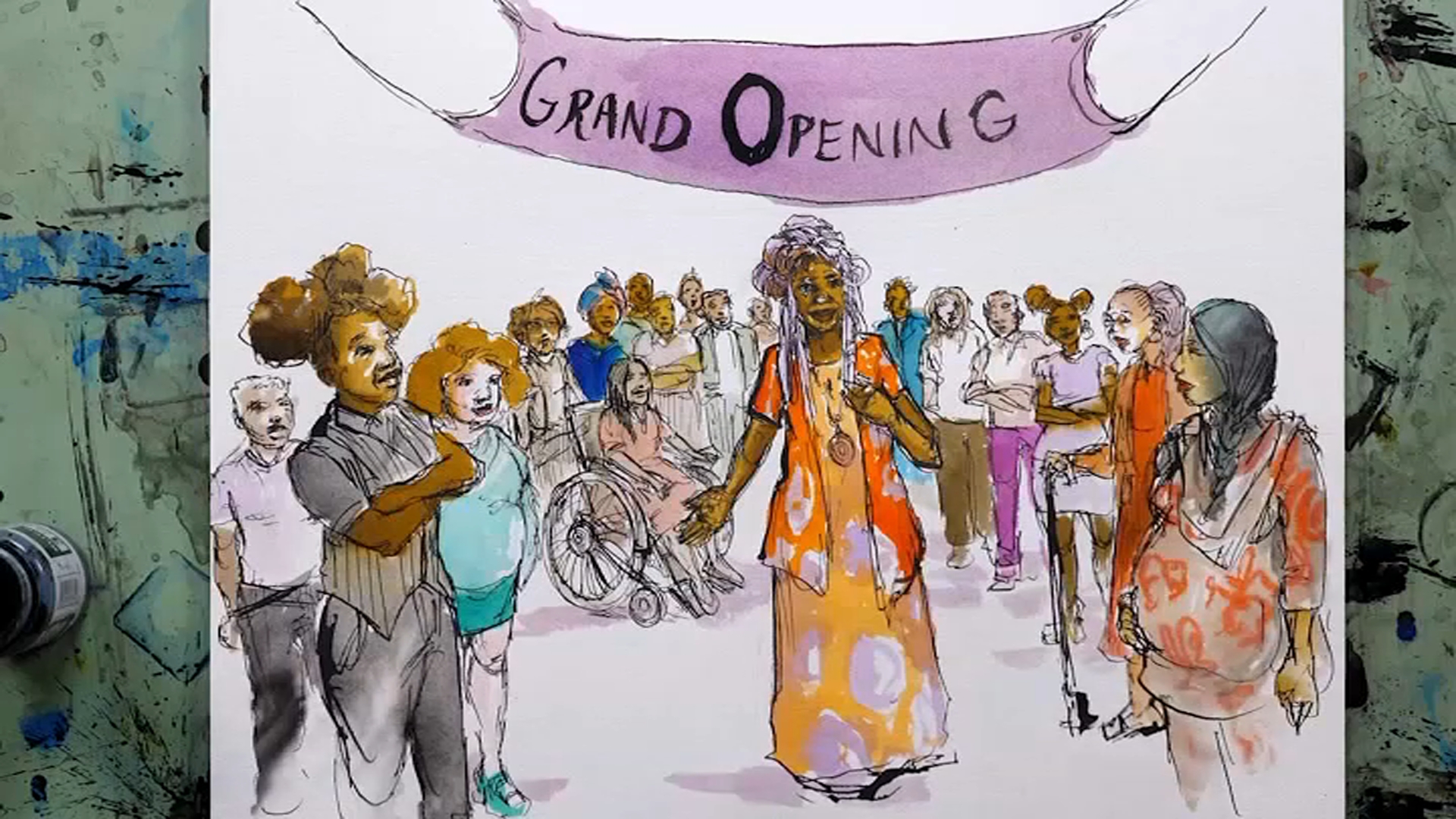Tony DiCicco, who coached the U.S. to the 1999 World Cup title before an overflow Rose Bowl crowd in a landmark for women's soccer, has died at 68.
He died Monday at home with his family there, son Anthony DiCicco wrote Tuesday on Twitter. No cause was announced.
DiCicco became the U.S. coach in 1994 and led the team to the gold medal at the 1996 Atlanta Olympics, the first games to feature women's soccer.
He then guided a team filled with superstars — women's sports pioneers such as Mia Hamm, Julie Foudy and Michelle Akers — to the '99 World Cup crown. In the final, the U.S. beat China 5-4 on penalty kicks in Pasadena, California, before 90,185 fans, by far the largest attendance for a women's soccer game.
U.S. Soccer President Sunil Gulati called DiCicco "one of the most influential coaches in U.S. Soccer history."
"Tony's passion for the game as a coach, administrator and broadcaster was always evident, and his relationships with everyone in the soccer community distinguished him as a compassionate and much-loved man," Gulati said. "U.S. Soccer will forever be thankful to Tony for his vast contributions to the game."
DiCicco is a member of the National Soccer Hall of Fame. He is the winningest coach in U.S. Soccer history by percentage as well as the only coach to win more than 100 games. He went 103-8-8 from 1994 to 1999. He then left coaching and did television work.
Local
In-depth news coverage of the Greater Boston Area.
In 2008, DiCicco took over the U.S. Under-20 women and led it to a world title.
Amanda Duffy, the National Women's Soccer League managing director of operations, lauded DiCicco as a soccer pioneer.
"Tony will be remembered for his immense passion, his dedication to the game and his life pursuit to inspire players and people," she said. "A truly influential figure, no one will forget the impact he has had on so many people's lives and his role in the tremendous growth of women's soccer in the U.S."
DiCicco was the goalkeeper coach under Anson Dorrance on the first Women's World Cup championship team in 1991. In 1994, he took over from Dorrance and led the Americans to a third-place finish at the 1995 World Cup in Sweden.
From there, his team swept the next two major events, sparking a level of interest in the women's game never seen before in this country.
And he played a key leadership role in the start of women's professional soccer leagues in the United States. In 2001, he was chief operating officer for the Women's United Soccer Association (WUSA), which played from 2001-2003. He was the league's commissioner in 2002 and 2003.
He coached the Boston Breakers in Women's Professional Soccer (WPS) from 2009-2011.
DiCicco was born in Wethersfield, Connecticut, and graduated from Springfield (Massachusetts) College in 1970, where as a goalkeeper he was an All-American, captain and most valuable player his senior year. DiCicco also earned a master's degree from Central Connecticut State in 1978.
DiCicco played five years as a pro in the American Soccer League with the Connecticut Wildcats and Rhode Island Oceaneers. In 1973, he toured and played for the national team.
He is survived by wife Diane and four sons: Anthony, Andrew, Alex and Nicholas.



